Kern County assembly members oppose gas tax and increased registration fees signed into law by Governor Jerry Brown
Daina Valdovines, a Bakersfield resident, fills up her gas tank at a Fastrip gas station.
November 20, 2017
Governor Jerry Brown signed the tax at the pump and car fees bill, known as SB1 Transportation Act, which was approved by the Legislature back in early April of this year. The taxes and fees will pay for $5.9 billion in ailing roads, transportation, and bridges infrastructure. The bill went into effect on Nov. 1. There is an effort underway to dismantle the bill and place the gas tax issue before the voters on Nov. 6, 2018, although the repeal initiative is currently unofficial, pending signatures.
The gas tax law and vehicle registration fee increases have faced opposition along the way, as Californians are already encumbered with some of the highest gas taxes in the nation. A poll taken by UC Berkley’s Institute of Governmental Studies found that when the gas tax issue was originally introduced, 63 percent of those respondents opposed a gas tax increase, while 74 percent of respondents opposed the higher vehicle registration fees, yet it became law.
Before the gas tax law was implemented on Nov. 1, a preexisting law provided that the transportation, roads, and bridges infrastructure were funded in various ways. This included fuel excise taxes, commercial weight fees, local transactions and use taxes, and federal funds. The Department of the California Highway Patrol, which fell under the transportation portion of the former bill, received its revenues from the excess runoff each month, collected from vehicle registration fees at the Department of Motor Vehicles.
The law states that motorists will pay $0.12 per gallon increase in fuel taxes, 50 percent of a $0.20 per gallon increase in the diesel excise tax, with an inflation adjustment, and a Vehicle License Fee between $25 and $175, depending upon the value of the vehicle, to take effect on Jan. 1, 2018. For zero emission vehicles (2020 and later) a $100 fee will be imposed and take effect on July 1, 2020. The revenue received from these taxes are deposited into the Road Maintenance and Rehabilitation Account. This law will remain active until 2027.
Two local assembly members, Democrat Rudy Salas and Republican Vince Fong of Bakersfield, who represent the State’s 32nd and 34th assembly districts, respectively, which comprise most of Kern County, were vocal about their opposition to the gas tax, on the grounds that the taxes for the transportation infrastructure were paid in years past, but those taxes earmarked for California roads and transportation infrastructure, were diverted to pay non-transportation infrastructure costs.
Both said that residents in the valley have to drive farther to work and that the valley doesn’t have a mass transportation system like other areas in California. Due to this lack of transportation reliance, those in the valley are going to pay even more.
Assembly members Salas and Fong contend that if the taxes during those years had been applied appropriately, there would be no need for the current gas tax bill. This means that struggling families could face a greater financial burden of driving their personal vehicles, with no options to alleviate the high cost of this forced-transportation alternative and that’s a problem, according to Salas and Fong.
Fong said that “Californians will see less of their hard earned money going towards things that matter to them such as saving for their kids’ college education, retirement, or buying a home. Even essentials such as food, energy, and housing will be more expensive as businesses pass on costs to consumers.”
Fong said that SB1 “is a continuation of the failed accountability measures that were present in the existing law.”
He also said that there are no new processes that have been written into the new law which means that there is no way of preventing the “existing practice of diverting money away from transportation funds into the general fund,” and away from repairing roads, as is in the design of this new law.
In fact, already 30 percent of the taxes generated, will come directly off the top and will not be applied towards repair of roads, based on the new rules within this law. “SB1 does not change the status quo- it is business as usual,” said Fong.
Fong introduced AB 496 earlier this year to reestablish the guarantee that there would be “transparency and accountability” to transportation funding, but the AB 496 went unsupported by Sacramento leadership.
In an earlier statement this year, Salas said, “Because SB 1 imposes rather than asks Californians how and to what extent we should invest on our roads, I could not in ‘good conscience’ to my heart and to the families I
represent, vote for a life-altering measure that does not at least ask them to weigh-in.”
Carl Demaio, a former San Diego City Councilman and the Chairman of the Reform California initiative, is also opposed to the gas tax bill and it is why he has proposed the Reform California initiative to rescind the gas tax law. He began a signature collection for a petition to reverse the bill.
He said, “They [politicians] promise to fix the pot holes, but the reality is that the money is never used on what they say they will allot it to … They use this as window dress, finding problems like potholes and roads to raise more money for their spending.”
Demaio also believes that the bill should never have been introduced or passed in the first place, especially without the consent of the voters. The Reform California initiative will allow the voters to vote for or against the gas tax.
The gas-up realities for the working-class, and those who live on a shoestring budget according to Demaio, will look like this for Californians, “The more you spend on the road the more you are going to be taxed. If you gas up once a week with a vehicle that has a 20-gallon gas tank, then you’re paying $300 a year. This amount will double or triple if you gas up twice a week and so on.”
Daina Valdovines, a Bakersfield resident, whose sister is a Bakersfield College student, opposes the gas tax hike and will vote for the repeal should it make it on the ballot next fall. “There should be another way to pay for the roads. I don’t work, my husband’s the only one that works. We have three children and two cars, so with gas going up, that’s a big deal for us,” she said.
Without a chance at a reversal, California will face ever increasing gas taxes as inflation rises because politicians sculpted a bill that would take inflation into account and raise taxes accordingly throughout the next 10 years.


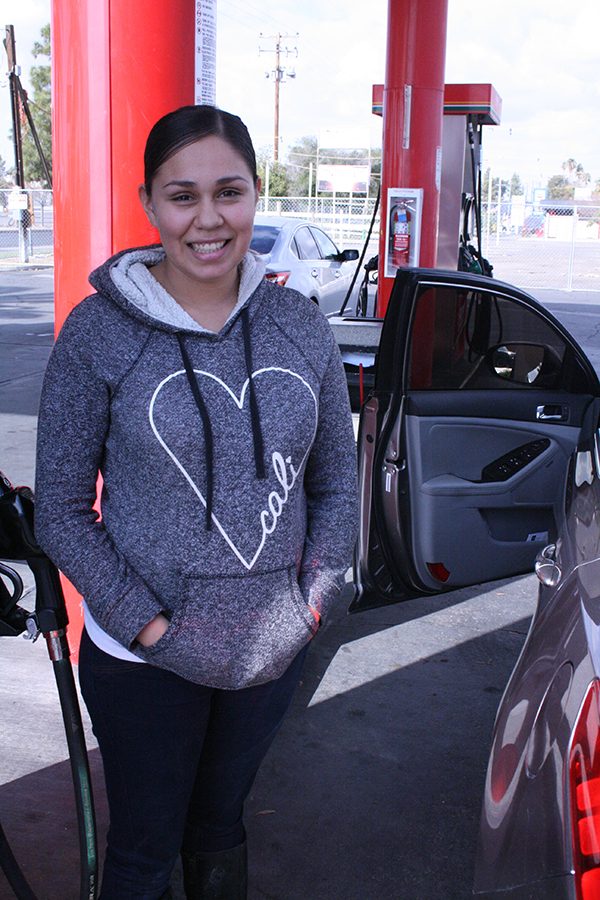
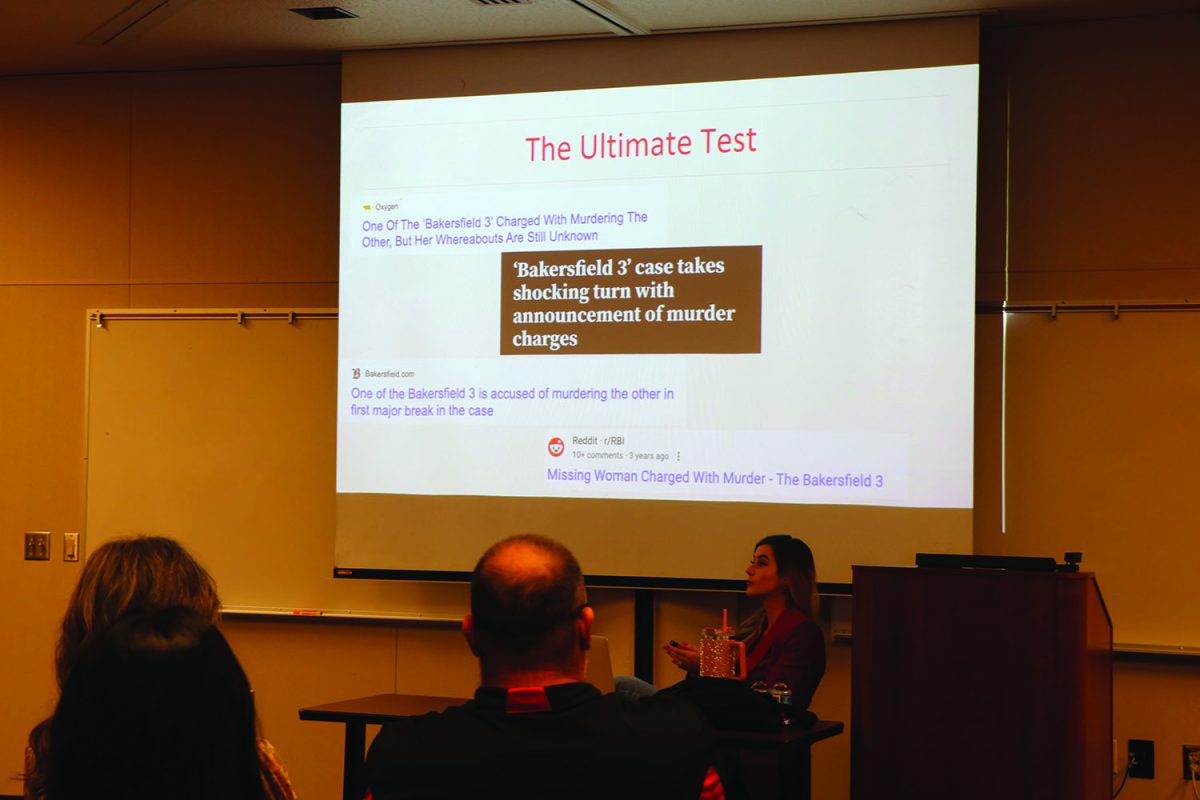
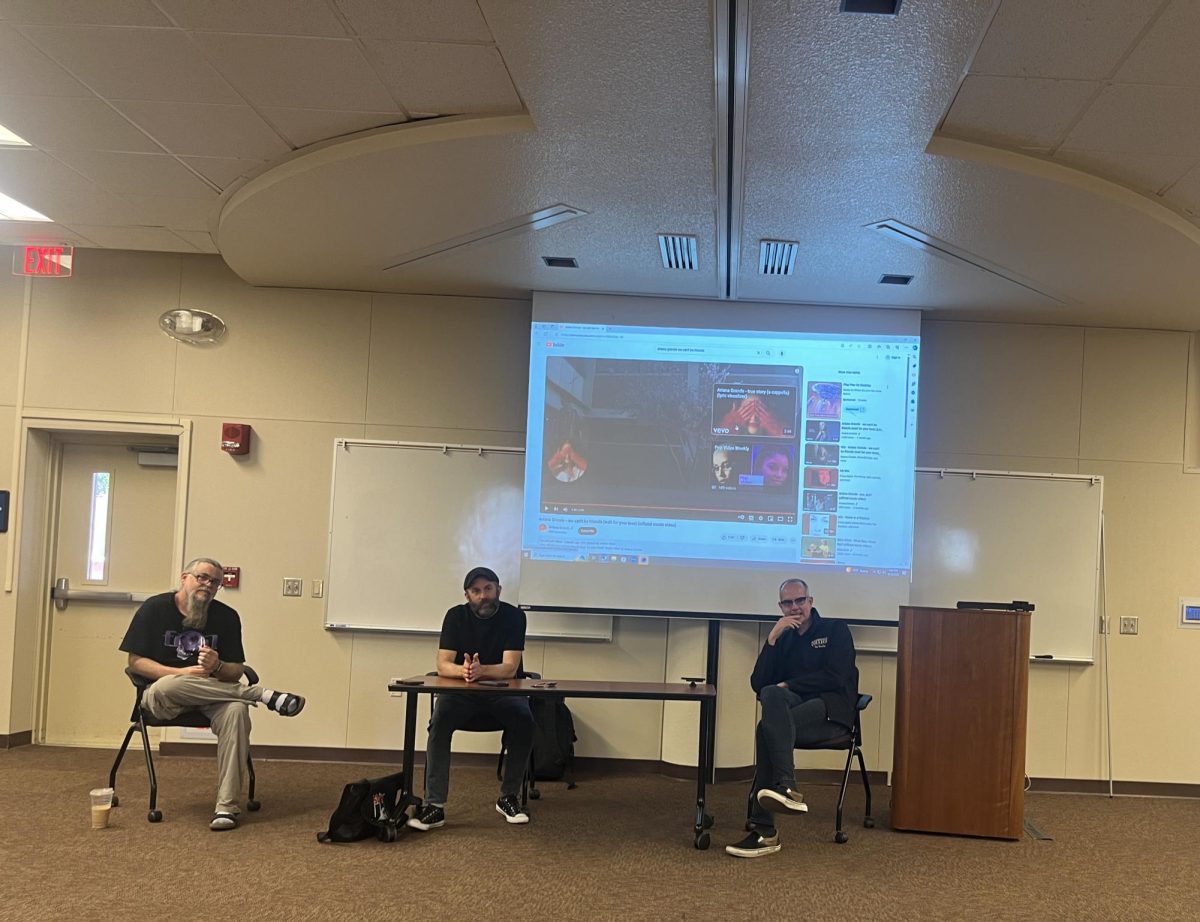




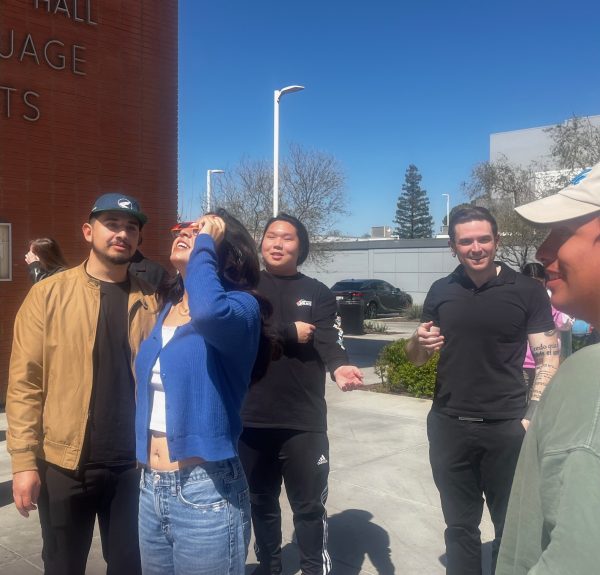
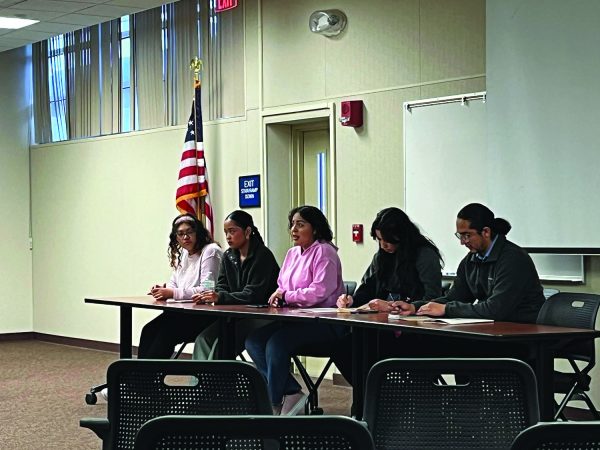
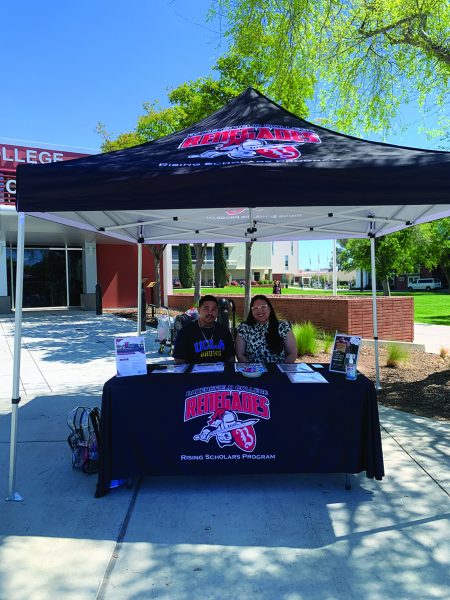
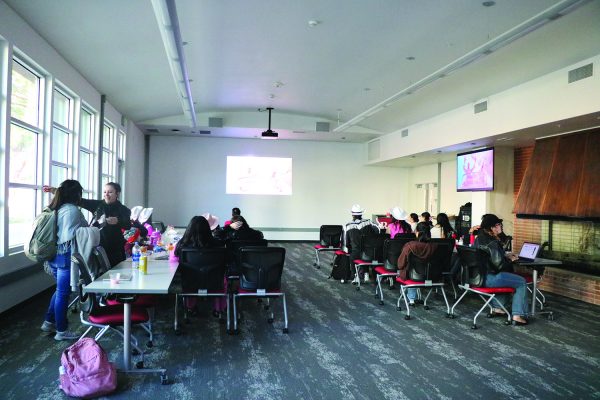
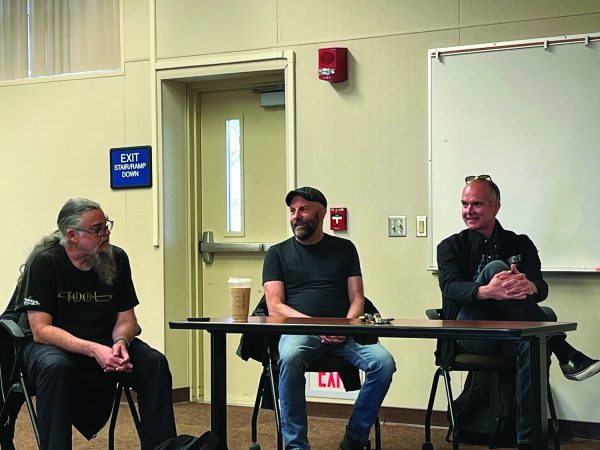
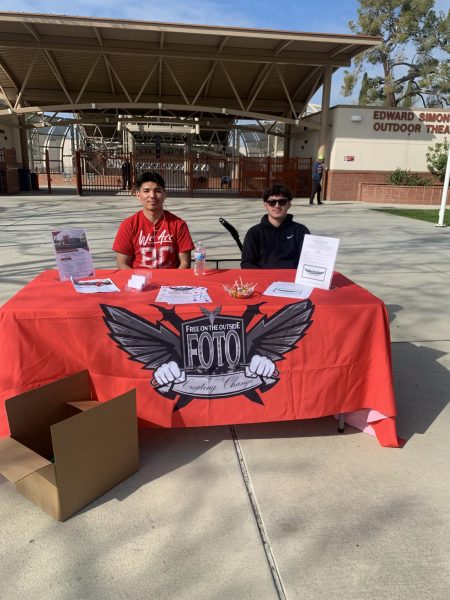

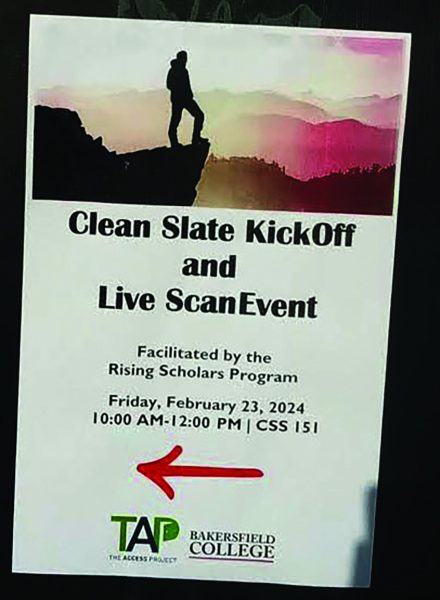
Farzad Eskafi • Nov 20, 2017 at 7:22 pm
This article is not making a factual case. The gas tax is one of the cheapest way to pay for the road repairs and maintenance.
What’s even more false in this article is – the previous gas taxes were NOT reverted to other projects. They were used for road repairs. But it’s simply not enough. Alternatively, we can place toll plazas. But that only will apply to high in-demand roads and other roads will be ignored.